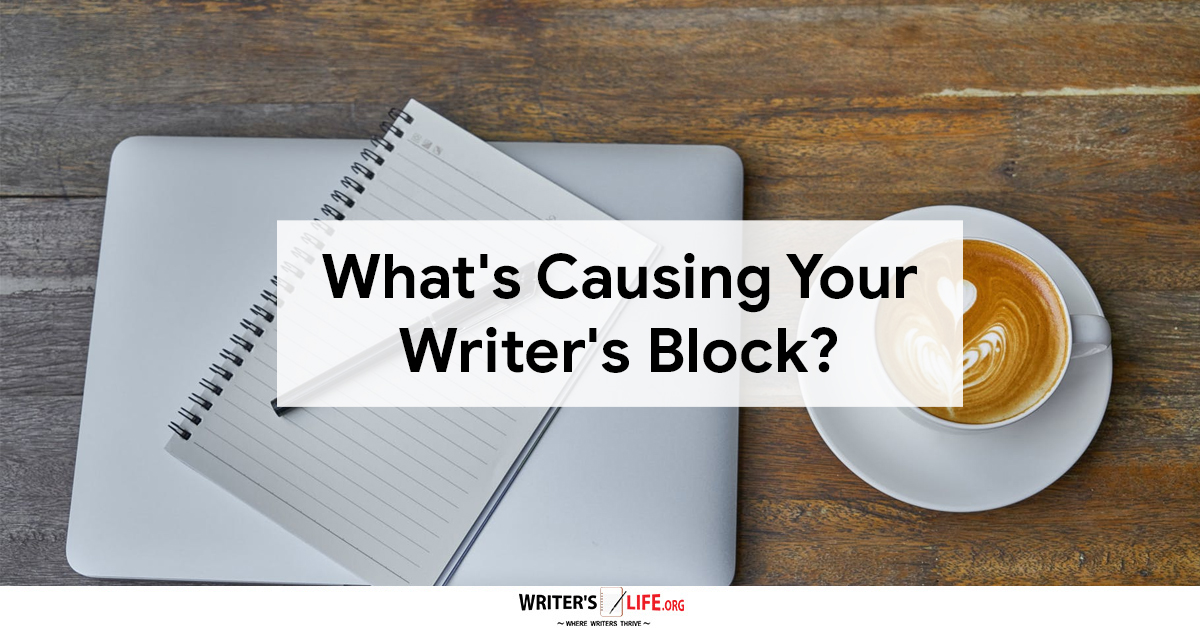- How To Tackle Jealousy In Creative Writing
- Common Submission Mistakes
- How To Stop Your Blog Becoming Boring
- The One Thing Every Successful Writer Has In Common
- How To Make Yourself Aware Of Publishing Scams
- Why Almost ALL Writers Make These Grammar Mistakes At Some Point
- 5 Tips For Authors On How To Deal With Rejection
- Top Mistakes to Avoid When Writing a Novel
- How to Avoid Common New Writer Mistakes
- 10 Mistakes New Fiction Writers Make
What’s Causing Your Writer’s Block?

Writer's block is a condition that, unfortunately, most writers will suffer from at some point during their careers. Basically, if you write regularly and for long enough, there is likely to be a point where you try to sit down and get on with things, but you just can't.
It affects a writer's ability to produce new material or even modify existing work. It slows down the creative process, often stopping it entirely, and it can be very challenging to overcome.
Experiencing this condition might involve feeling unable to come up with new ideas, losing confidence in your writing skills, and being generally unable to be productive, or move forward with your writing, despite your best efforts.
Lots of famous writers spoke out about writer's block and how they suffered from this affliction.
Authors such as F. Scott Fitzgerald and Joseph Mitchell, and Herman Melville, who stopped writing novels altogether a few years after writing the revered Moby-Dick all suffered from it.
Knowing the cause of it can often be the first step that's necessary to help retrieve it. It has several reasons, and exploring these can get a writer to the root of the problem and enables them to tackle it head-on.
So what might be causing your writer's block? Let's take a look.
Writer's block - lookout for these signs!
A lack of inspiration
Sometimes the work itself is the issue - an idea falls apart, or the story seems to dry up.
Distracting events
If you don't create a harmonious working environment or are easily distracted writer's block can occur
Adverse circumstances
Significant life events can knock confidence or mean it becomes impossible to write.
Physical and mental illness
A debilitating illness can have a considerable impact on one's ability to write.
Deadlines and pressure
If a writer puts themselves under too much stress, the brain can react with the classic 'fight or flight' response. This can massively hinder a person's creativity, leaving them stuck and unable to progress.
Happily, there are several tried and tested ways to overcome writer's block, and once you know the cause, it is far easier to treat oneself.
Treatment to help
Some treatments include joining a class or discussing your writing with your peers, asking yourself questions about your writing process, free writing, finding a support group to encourage you and help boost confidence in your ability to write, and setting more achievable deadlines.
It has also been proven that writers who break down their work into smaller, more manageable chunks are less likely to be affected by writer's block and better equipped to deal with it if they do.
By understanding the cause of your writer's block, you can take the most appropriate course for recovery. The sooner you understand why this is happening to you the sooner you can take action against it. Remember, writer's block happens to almost all of us, but it's about recovering from it and persevering that counts.
So now you know how to recognise and tackle writer's block why not learn how you can use photo's as another way to cure it!
Get A Free Writer's Toolkit By Visiting https://www.writerslife.org/gid






























